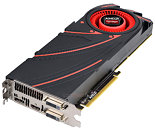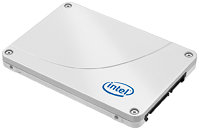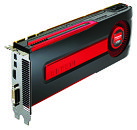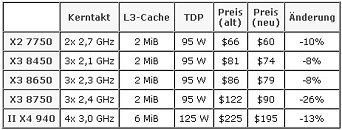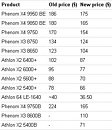
Incoming MSI QD-OLED Gaming Monitors Receive Permanent Price Cuts
MSI is preparing to launch its MPG 321URX QD-OLED monitor this month—we first spotted this model during an official expansion of the company's QD-OLED gaming monitor lineup—utilizing Samsung Display Gen 3 panels. The announcement outlined an initial MSRP of $1199 for MSI's MPG 321URX gaming monitor, although a time-limited special introductory offer of $949 was later advertised. ASUS Republic of Gamers (ROG) released its Swift OLED PG32UCDM gaming monitor (in USA and UK markets) late last week—competing at a $1299 price point with MSI's 321URX model. The two companies are attempting to outdo each other—earlier this month MSI pledged a 3-year warranty on its OLED panel products, semi-forcing ASUS into matching that generous offer—they previously advertised a two-year period for ROG Swift OLED monitors.
Monitors Unboxed has investigated alleged permanent MSI MSRP price cuts—affecting the MPG 321URX, as well the 49-inch 491CQP and 27-inch 271QRX QD-OLED models. The manufacturer appears prepped to undercut its competition to the tune of $350 (MPG 321URX vs. PG32UCDM): "I've gotten a second update from MSI regarding the MSRP of their QD-OLEDs. They have decided to change their mind and offer their previously lowered pricing permanently, instead of just as an introductory price. That means the official MSRPs of their products are as follows (read more after the jump)." At the time of writing, MSI's MPG 321URX QD-OLED is available to pre-order at a few North American and UK e-tailers, although a couple of listings state the item is "coming soon," or due in stock by early April.
Monitors Unboxed has investigated alleged permanent MSI MSRP price cuts—affecting the MPG 321URX, as well the 49-inch 491CQP and 27-inch 271QRX QD-OLED models. The manufacturer appears prepped to undercut its competition to the tune of $350 (MPG 321URX vs. PG32UCDM): "I've gotten a second update from MSI regarding the MSRP of their QD-OLEDs. They have decided to change their mind and offer their previously lowered pricing permanently, instead of just as an introductory price. That means the official MSRPs of their products are as follows (read more after the jump)." At the time of writing, MSI's MPG 321URX QD-OLED is available to pre-order at a few North American and UK e-tailers, although a couple of listings state the item is "coming soon," or due in stock by early April.

























